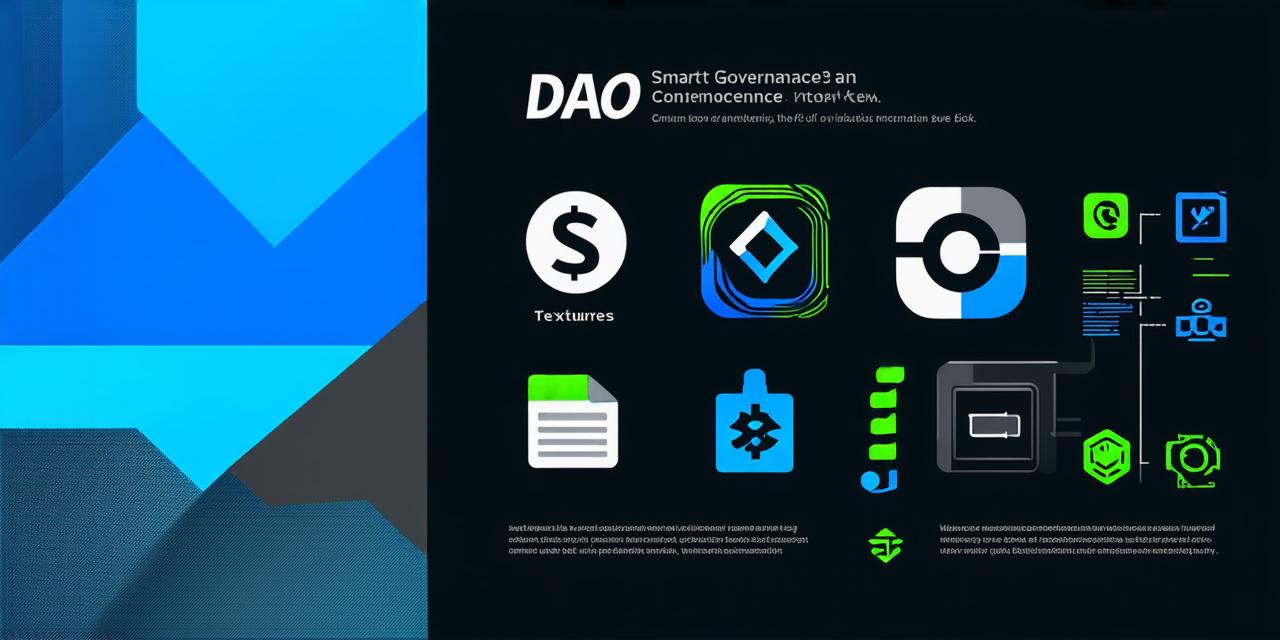In recent years, cryptocurrencies have gained significant attention and popularity worldwide. Digital currencies like Bitcoin, Ethereum, and others have been touted as the future of finance, providing decentralized and secure transactions without the need for intermediaries. However, as time has passed, it has become increasingly clear that cryptocurrency is not the solution we were hoping for. In this article, we will examine the reasons why blockchain technology, which powers most cryptocurrencies, is actually obsolete.
Blockchain Technology: A Brief Overview
Blockchain technology is a decentralized and secure way of storing data and conducting transactions. It was initially developed as the underlying technology for Bitcoin, but it has since been adopted by various industries and use cases, from supply chain management to voting systems.
The core idea behind blockchain technology is that it allows multiple parties to share and access information in a trustless and secure way. Transactions are recorded on a decentralized ledger (the blockchain) that is transparent, immutable, and resistant to tampering or fraud. This makes it an attractive solution for industries where transparency and security are paramount.
However, as we will see below, the limitations of blockchain technology make it an inefficient and obsolete solution for many use cases.
Transaction Speed: The Achilles’ Heel of Blockchain Technology
One of the biggest limitations of blockchain technology is its slow transaction speed. Because all transactions need to be verified and confirmed by the network, it can take hours or even days for a transaction to be processed. This makes blockchain technology impractical for use cases that require fast and efficient transactions, such as e-commerce, real estate, and financial services.
For example, in 2017, Coinbase, one of the largest cryptocurrency exchanges, experienced a surge in demand for Bitcoin purchases. Due to the high volume of transactions, it took several days for all orders to be processed, leading to widespread frustration and negative media coverage.
Moreover, slow transaction speeds are not just an issue with cryptocurrencies. Even traditional payment systems like Visa and Mastercard suffer from slow processing times, especially during peak demand periods. However, these systems have developed ways to optimize their networks and improve transaction speed. Blockchain technology, on the other hand, has yet to evolve to address this issue.
Scalability: The Elephant in the Room of Blockchain Technology
Another limitation of blockchain technology is its scalability. As more users join a network, the number of transactions and data storage requirements increase exponentially, leading to slower transaction speeds and higher costs. In some cases, this can result in a complete collapse of the network, as we saw with the DAO hack in 2016.
The DAO was a decentralized autonomous organization that raised over $150 million in Ether, a cryptocurrency built on the Ethereum blockchain. However, due to a vulnerability in the code, an attacker was able to steal a significant portion of the funds, causing the entire network to freeze and become unusable.
Moreover, scalability issues are not just confined to cryptocurrencies. Traditional databases also suffer from scalability problems, especially as the amount of data grows. However, these systems have developed ways to optimize their architecture and improve performance, such as sharding and partitioning. Blockchain technology has yet to adopt similar solutions.

Security: The False Promise of Decentralization
One of the main selling points of blockchain technology is its decentralized nature, which supposedly makes it resistant to hacking and fraud. However, as we have seen in several high-profile cases, this is not entirely accurate.
For example, in 2018, hackers were able to steal over $53 million worth of Ether from the popular cryptocurrency exchange Coinbase.



